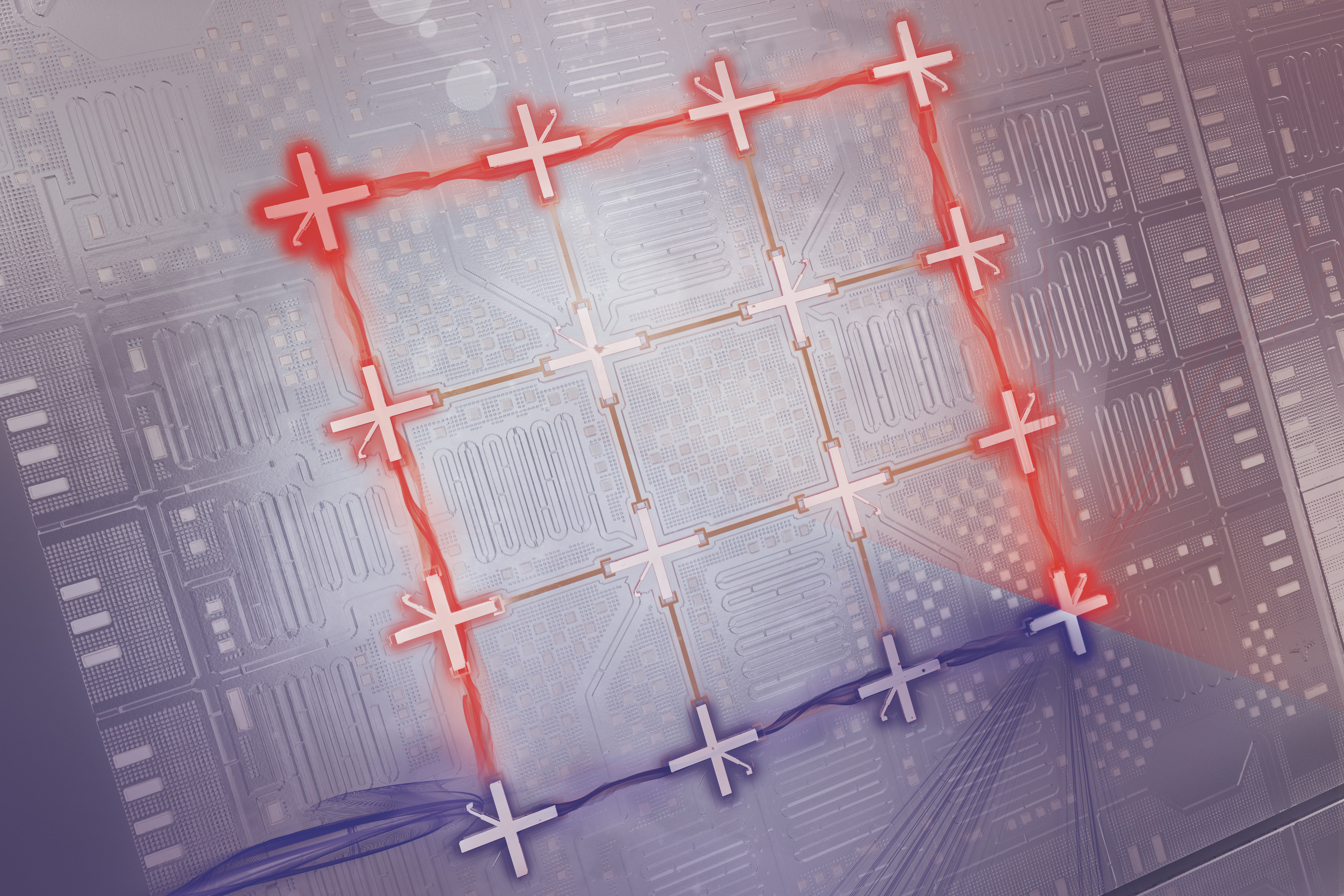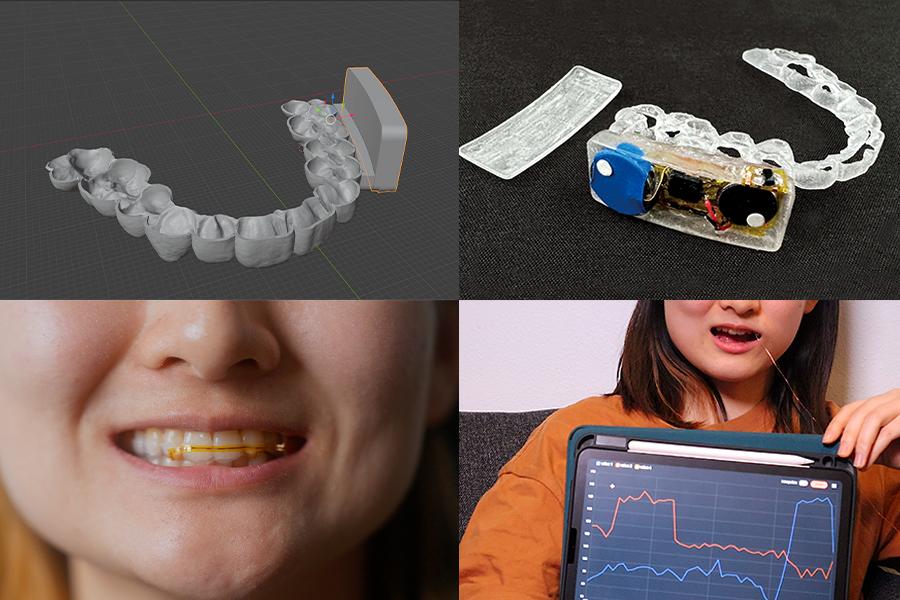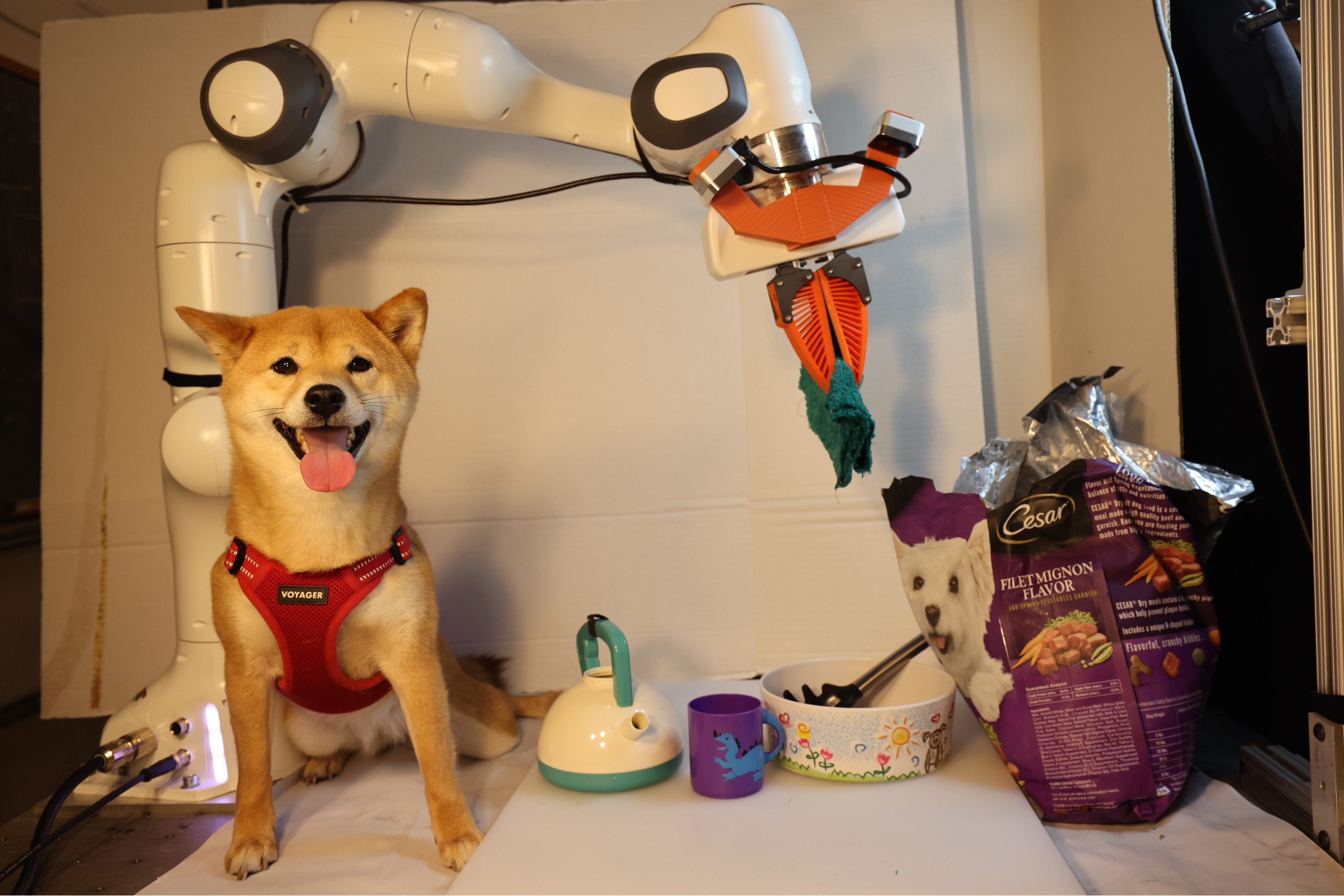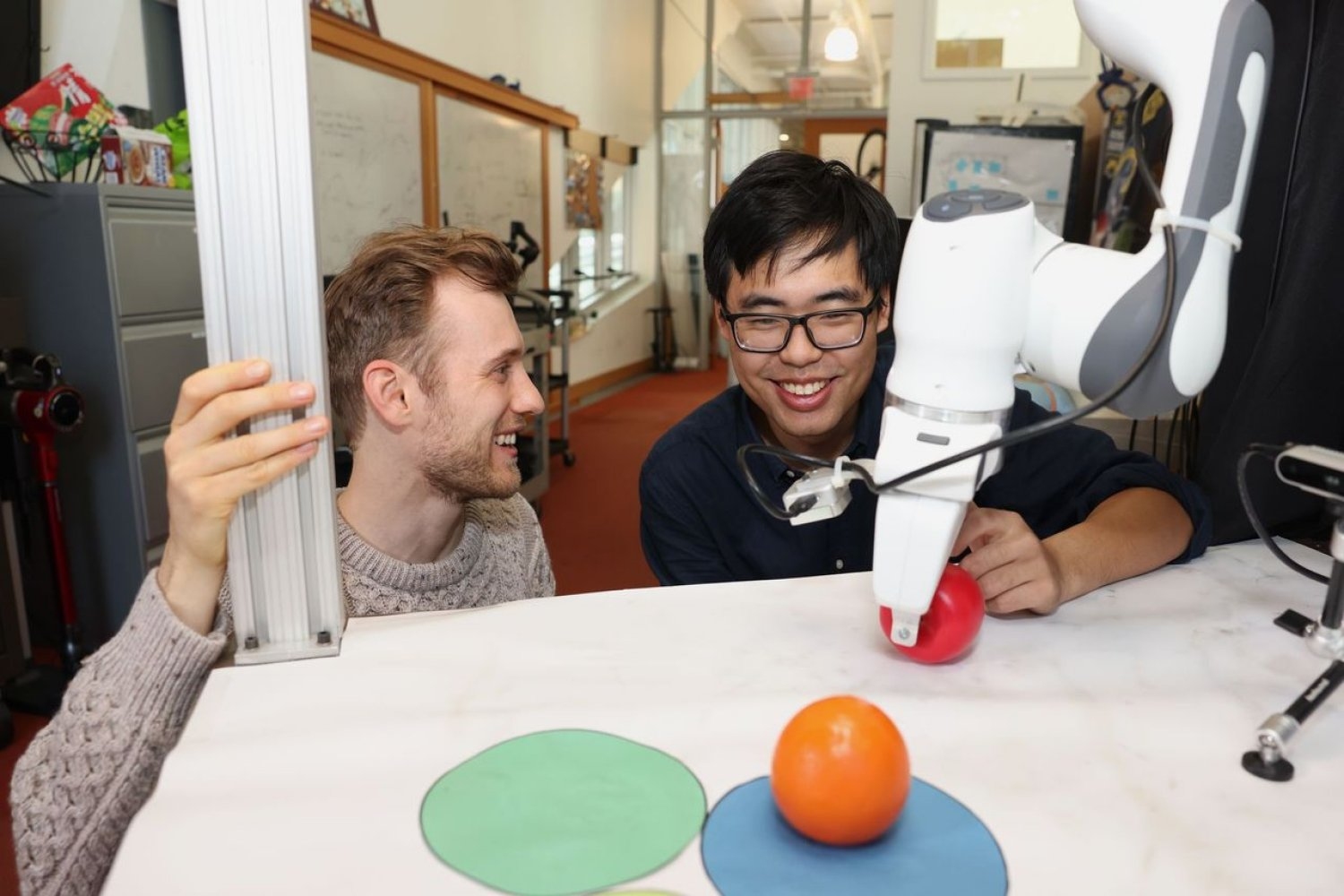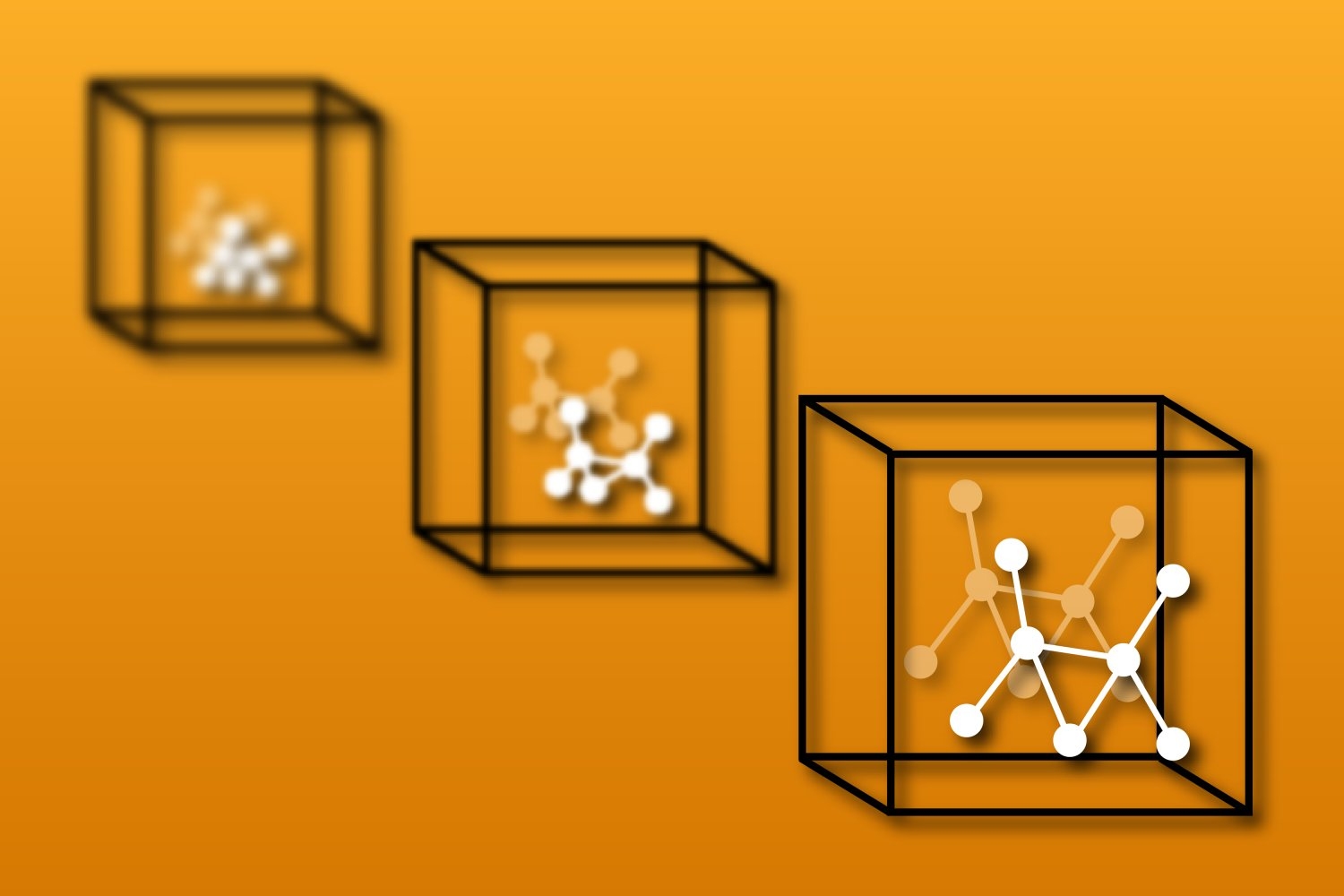Interactive mouthpiece opens new opportunities for health data, assistive technology, and hands-free interactions
“MouthIO” is an in-mouth device that users can digitally design and 3D print with integrated sensors and actuators to capture health data and interact with a computer or phone.
Alex Shipps | MIT CSAIL •
mit
Oct. 28, 2024 • ~7 min
Oct. 28, 2024 • ~7 min
Combining next-token prediction and video diffusion in computer vision and robotics
A new method can train a neural network to sort corrupted data while anticipating next steps. It can make flexible plans for robots, generate high-quality video, and help AI agents navigate digital environments.
Alex Shipps | MIT CSAIL •
mit
Oct. 16, 2024 • ~8 min
Oct. 16, 2024 • ~8 min
AI pareidolia: Can machines spot faces in inanimate objects?
New dataset of “illusory” faces reveals differences between human and algorithmic face detection, links to animal face recognition, and a formula predicting where people most often perceive faces.
Rachel Gordon | MIT CSAIL •
mit
Sept. 30, 2024 • ~8 min
Sept. 30, 2024 • ~8 min
/
89


